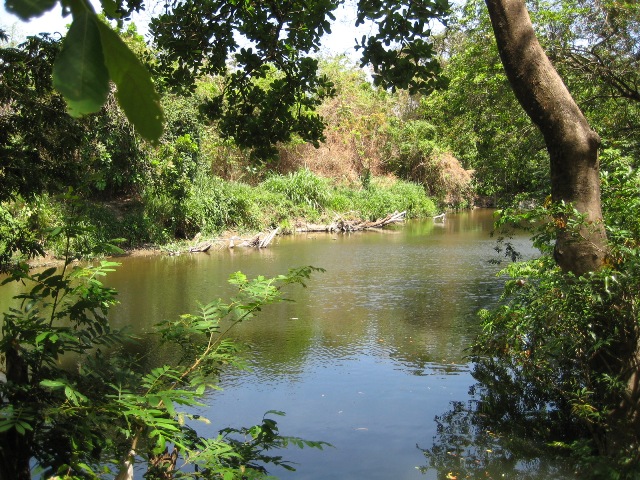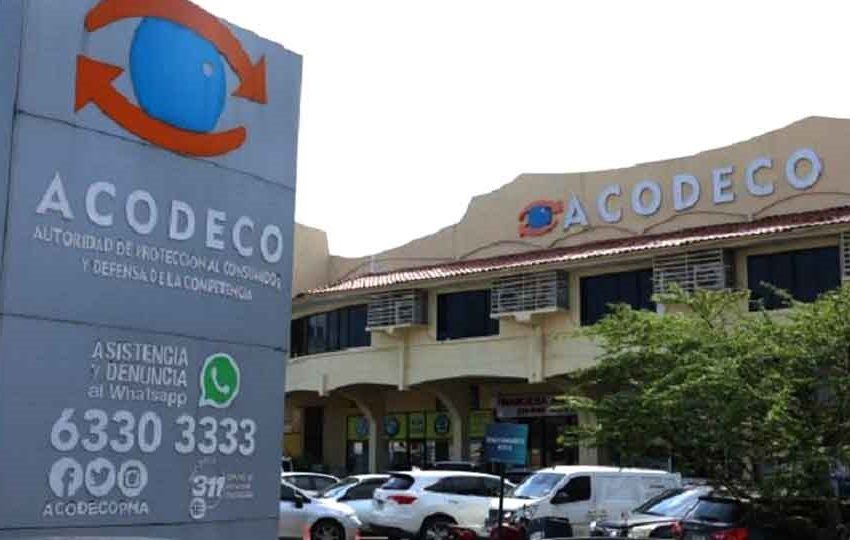Good News for Panama’s Train Enthusiasts and the Economy – The David-Panama Train

The proposed David-Panama train project aims to create a high-speed passenger and freight train service connecting Panama City with the northern border, potentially reducing travel time from six hours to two hours and boosting trade and economic activity.
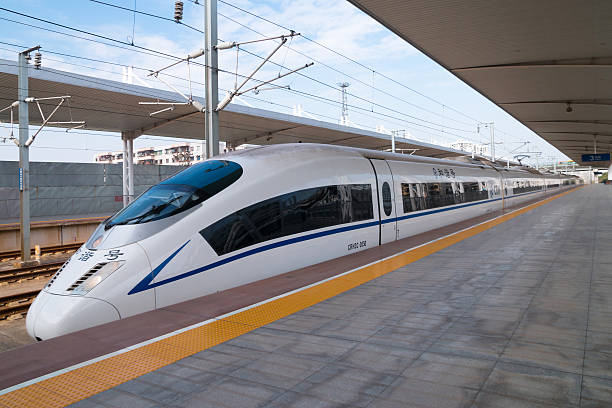
Here’s a more detailed look at the project:
Key Features and Goals:
- Connectivity:
The railway will connect Panama City to the northern border, passing through key provinces like Panama, Coclé, Herrera, Veraguas, and Chiriquí.
- Reduced Travel Time:
The project aims to significantly shorten travel time between Panama City and David, from over seven hours by car to just 2.5 hours by train.
- Passenger and Freight Service:
The train will operate for both passenger and cargo transportation, with a potential tourism component and the possibility of extending to other Central American countries.
- Economic Impact:
Proponents believe the train will improve transportation efficiency, reduce reliance on cars, and stimulate economic growth in Panama City and Chiriquí.
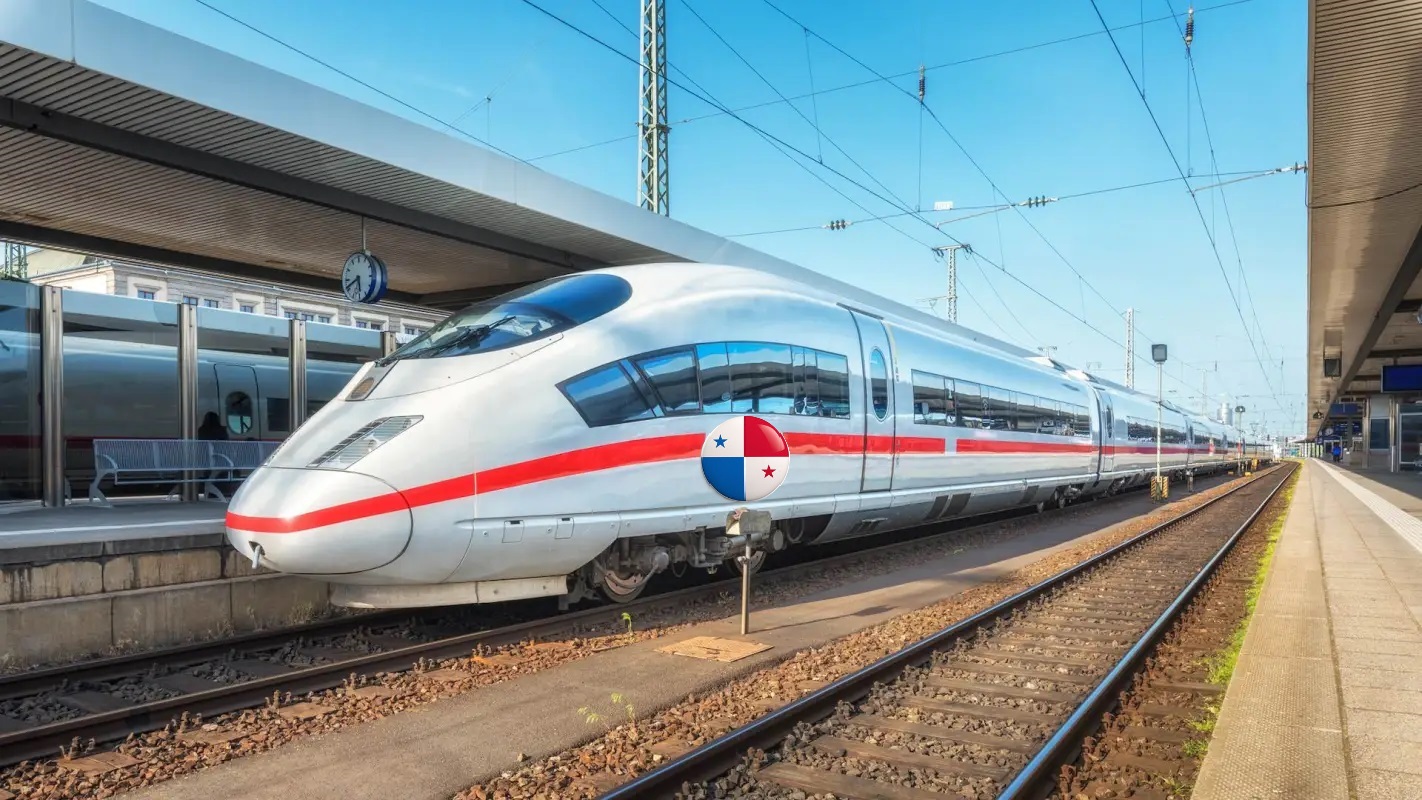
- Master Plan:
The Panamanian government has signed a contract with AECOM to update the master plan for the train, which will connect the Panamanian capital with the Costa Rican border.
- Environmental Considerations:
The project prioritizes environmentally friendly practices, with the Ministry of Environment involved from the project’s inception.
- Economic Decentralization:
The railway seeks to distribute economic activity more evenly across regions, as Panama City currently generates 85% of the country’s GDP.
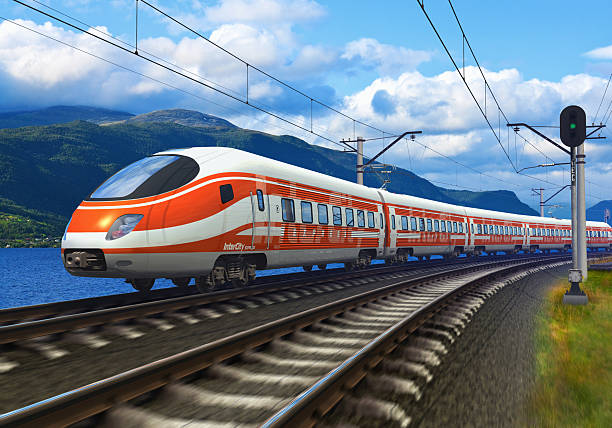
The UK has offered up to 85% funding for the construction of the Panama-David train.
The proposal includes support in design, construction, operation and maintenance.
The UK financial proposal has two phases: Financing will be in two stages.
First stage: funding for engineering studies, environmental impact and structural.
Second stage: a commercial credit to cover up to 85% of the construction phase.
In addition, the UK has offered its support for the full cycle of the project, from design and construction to equipment supply, operation and maintenance.

Global companies involved in this process include AECOM, ARUP, Siemens, Hitachi, CAF and Mott MacDonald.



